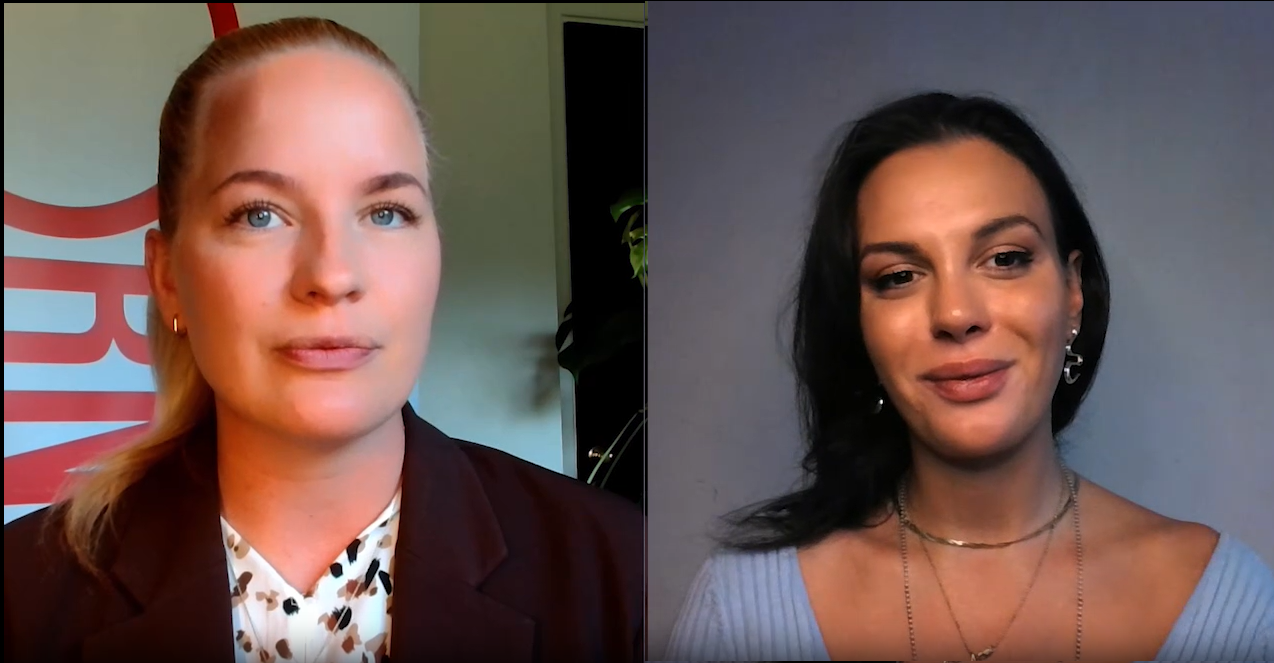Sunniva Kolostyak: Welcome to Morningstar. It seems everyone is pessimistic about China at the moment and the market is one of the worst-performing this year. However, not everyone is as pessimistic. I am today, joined by Andy Rothman from Matthews Asia, who's got a slightly more positive outlook.
Andy, thanks for being here. Let's start with the big question. What's happening? What's not going well for China at the moment?
Andy Rothman: Thanks for having me on today. I know a lot of people are pessimistic about China because they're worried about structural issues like debt and the property market, but I'm a little bit less pessimistic because I don't think those issues are that big and I certainly don't think China is in crisis mode. What I think the big problems are, are lack of confidence among Chinese entrepreneurs, the small business owners who drive all of the job creation, and wealth, and innovation in China, and among consumers. They're worried about where government policy is going, especially towards the private sector, the biggest part of the economy. So, I think the solution is relatively easy. The government just needs to reassure people that the opening and reform trend leading the Chinese economy more towards markets and less towards government, is back on track. And once confidence among Chinese business people and households gets going again, confidence among investors will pick back up as well.
Kolostyak: Let's stay with the government for a bit because there is a fair bit of geopolitical tension in regards to China. So, I'm curious about your outlook about how you see that developing.
Rothman: Well, the good news is that I think the Biden administration began to re-calibrate its approach to China back in April. That's when Janet Yellen, the Treasury Secretary, gave a speech about US-China policy. And during the course of the summer, we've seen three cabinet officers, including Yellen, go to China. Most recently the Secretary of Commerce, Gina Raimondo, was there. So, engagement is picking back up. Dialogue is picking back up. US-China relations aren't going to get better anytime soon, but I think this re-calibration means it's unlikely to get worse. But let's also remember that China is really a domestic demand-driven economy, just like our economies. Trade doesn't play a big role in the Chinese economy. So, these political tensions might weigh on foreign investor sentiment. But I don't think they are significant weight on domestic consumption, domestic demand and domestic investor sentiment.
Kolostyak: So, if I understand it right, China is probably not then that worried about alienating Western markets. And in that context, does geopolitical tension even matter?
Rothman: Yeah. I want to go back to the domestic demand story again. This is not your grandfather's China where trade was a big part of it. Even manufacturing plays much less of a role now. Last year was the 11th consecutive year in which the tertiary part of GDP, the services part was the biggest part. And it is domestic consumption that drives almost everything in China these days. Again, not trade. And some of those numbers are not bad. If you look back at the second quarter in China, for example, real inflation-adjusted income growth was 8% in July. Restaurant and bar sales were up 16% year-over-year. In the first seven months, consumer spending on services was up 20%. So, while there are weak parts of the Chinese economy, for example, property, a lot of the economy is doing okay. And so, I also think we have to remember that foreigners also don't play a big role in the Chinese stock market. If you look at the domestic A share market, foreigners own about 5% of the market cap. So, the Chinese government, when it thinks about its economy, is rightly focused on what's happening at home.
Kolostyak: So how should foreign investors then think about China?
Rothman: I understand why foreign investors are going to be pessimistic about China. The political environment is tough right now in our countries towards China. A lot of the narrative about China is, I think, overly negative. For example, look at the property market. We keep seeing headlines every day about a crisis in the property market. But let's remember that in the first seven months of this year new home sales on a square meter basis were 74% of what they were in 2019, before the pandemic began. So, weak, but not a crisis. New home prices were flat year-over-year in July, down 2% compared to two years, but up 18% compared to five years, up more than 40% compared to 10 years. So, not a crisis.
So, I think if investors find some solace in the narrative that I'm describing here, I wouldn't necessarily encourage you to get into the market today because there are these overhangs and worries about it, but I would be doing my due diligence now because let's remember that China is the world's second largest economy. The Chinese economy typically every year accounts for about one-third of global growth. That's a larger share of global growth than from the US, Europe and Japan combined. So, do you or your clients want to have some exposure to that, especially since it's generally uncorrelated to the US market? So, I would be doing my due diligence now and thinking how to be prepared for when the Chinese market and Chinese economy do start to turn around, so you're ready to go and get back into the market at that point.
Kolostyak: Andy, thank you very much for joining today. For Morningstar, I'm Sunniva Kolostyak.



























